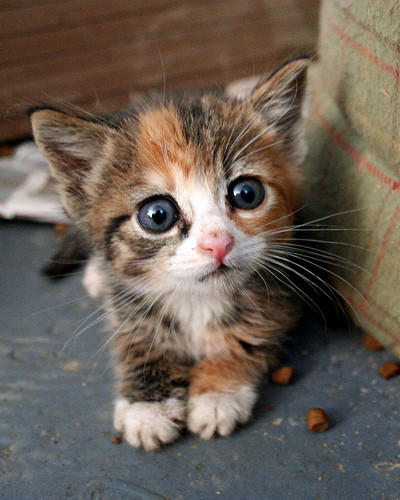HIS 1305 Blog Post 1
It’s the beginning of the semester. Our HIS 1305 class has just read Gilgamesh and have participated in some class discussions about the ancient world. One of the main ideas of Gilgamesh, was that he was mostly God and ruled the lands with an iron fist. This idea was not uncommon. In fact, most leaders were seen as gods in ancient times. The idea of having an all powerful ruler was the norm, and these rulers had so much power that they were seen as superhuman and god- like. During Gilgamesh’s time, the Priestly class gains more power and more control, contributing to the growing hierarchy of the time. By having these levels of power, while the power may very well be abused, they are able to contribute more to the development of society. Gilgamesh, in the end, comes to help the people and fix society’s problems with innovation and power.
In a functioning hierarchy, the hierarchy can help to locate scarce resources and update technology, all for the good of their society.
An all powerful ruler will only be obeyed and respected if his subjects fear him or if he provides for them. Gilgamesh demonstrated both of these tactics. He started off ruling by intimidation. He placed fear in the hearts of his citizens and he was a tyrannous, violent, oppressor. He met Enkidu, and they went off on a journey to seek immortality. After losing his soul mate and enduring many hard trials, he realizes that life is mortal. He does not gain the immortality he was seeking, and returns to his people a changed, softened, wiser, man. Because of the growth he accomplished on his epic journey, he solved the problem of famine thrust upon them, and he became a fair, knowledgeable ruler. Overall, Gilgamesh began his ruling by rooting fear in his citizens, and then learned to aid them and show fairness. He proved that both of these tactics work because even when his subjects were scared of him, they still highly revered him.
I believe a hierarchy of some sorts is necessary in complex societies. I don't think humans in general are responsible enough to respect everyone around them and follow general social guidelines on their own will. We need leaders to tell us what to do and to help be responsible for maintaining order in society. The problem with this though is that this much power gets abused very quickly. In order for a hierarchy to work effectively, the power must be dispersed through many different levels, and all of those levels must answer to a law higher than themselves to keep their actions accountable. Our modern day hierarchy shows this dispersion of power in a democratic government. One group will "check and balance" another to keep away any abuse of power. I believe that without some system of leaders with power has to be had. If individuals were to try to take care of themselves without any power figure to answer to, then peace would be broken very quickly and some people would have very much food, money, etc and some would have none.
Without a hierarchy system, how would we be able to protect our country? If we did not have a leader in control of an army, who would declare war? When we encounter natural disasters, who would take relief and rebuilding actions if we did not have someone designated to do so? If we did not have designated people to do these huge important jobs, our country would be in shambles. Even our very fair, very rational and cautious Constitution creates a form or hierarchy. A hierarchal system is important for running governments and countries, but what is it’s role in relationships? In modern society today, I believe that regarding the sexism struggle, women have come along way and are now finally respected as equals of men. While there may be hierarchal systems in smaller, micro- relationships, I think that overall in our modern day society, women are seen as equal and that there is no micro- hierarchy in that aspect (speaking strictly of America and other advanced societies, of course.) In other, more povert countries though, that hierarchal system definitely exists. Women are seen as subordinates and men dominate without question. This is very old-fashioned, and I believe that once the country grows richer and advances technologically, that hierarchy will slowly die. I think we have learned over time through trial and error what works and what does not work in a hierarchal system. The most important thing is that power is dispersed and that one group of people cannot own all the power, every person must have a voice.


Comments
Post a Comment